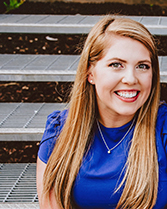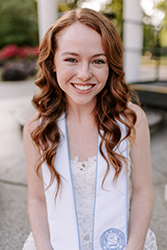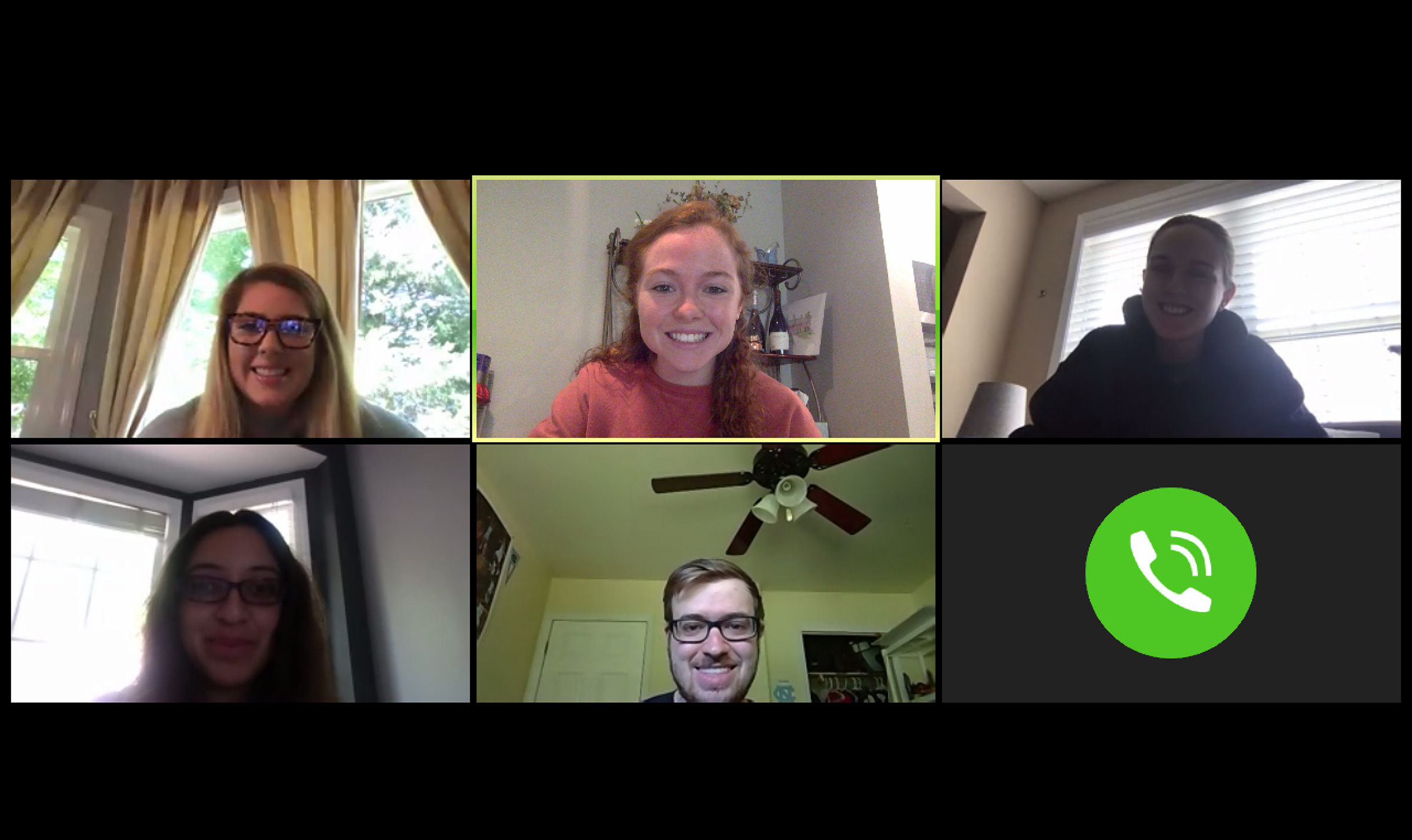Everyone who works in education is making major adjustments to their work during this pandemic.
When our partner schools closed due to COVID-19, our graduate teaching fellows adjusted, too, and were on the front lines for our student teachers.
At many schools of education, doctoral students who have classroom experience and expertise — graduate teaching fellows who we refer to as “GTFs” — are recruited and trained to work directly with our teacher candidates. Those doctoral students serve as an invaluable bridge between our School of Education and our partners in K-12 schools in our collective work to develop the professional practice of our teacher candidates.
Every year, these teacher candidates graduate and go on to become North Carolina’s most highly effective teachers. Our GTFs are critical to this success. They coach and evaluate student teachers, and serve as the primary contact for their mentor teachers working in the field.
As concerns about COVID-19 began to grow in North Carolina, our work at the School of Education shifted.
Kristin Papoi, program director of our Masters of Arts in Teaching program, told me: “We encouraged GTFs to accelerate in-field observations while also encouraging student teachers to take advantage of every instructional opportunity.”
“Our program was planning ahead for student teacher success during a pandemic — however that may look in these uncertain times,” Papoi said.
So at a time of great uncertainty, our GTFs — who carry their own graduate-level course loads and care for their families — shifted the timelines of their work to ensure the success of our future teachers. They doubled down on their mentorship and got into classrooms to assess the progress of our student teachers.


As GTFs, their professional roles shifted as well, from coach and evaluator to counselor and colleague.
And even as they navigated their own entry into online learning, GTFs created new opportunities to connect with their MAT students through virtual coffee hours, one-on-one coaching sessions, and suggesting professional and teacher self-care resources available online.
One of our MAT candidates, Kristie Winter, described the support she has received from her graduate teaching fellow, Waverly Whisenant:
“Waverly responds quickly by email or text in response to questions about completing the edTPA process, student-teaching in this time, and career questions as I am considering teaching jobs for next fall,” Kristie said.
“She checks in on how we are doing in this time, both with the work we are completing for our program and how we are doing personally in the midst of the pandemic. Twice a week Waverly holds a Zoom meeting with the supervisory group to check in and see our faces. Waverly’s multiple levels of communication in this time have helped us to stay connected and feel supported, even from a distance.
“Her assistance, guidance, and frequent check-ins really mean so much to me and the other students in our supervisory group,” Kristie said.
For teacher education programs like ours, this is our front-line team.
We are not only helping to create the next generation of teachers for North Carolina, but we are also building an example of a community in which educators work together to solve problems.
My expectation is that one day, despite the challenges and adversity, each of them will reflect upon this time as one in which we all learned and grew together.
About the author
Diana Lys is the School of Education’s Assistant Dean for Educator Preparation and Accreditation, leading educator preparation, program assessment and accreditation efforts in the School. Diana began her career in education as middle school teacher in rural North Carolina working with migrant youth and linguistically diverse students. Before coming to Carolina, she worked for five years as the Director of Assessment and Accreditation in the College of Education at East Carolina University. She credits these experiences with grounding her approach to working with faculty and P-12 partners to continuously improve teacher preparation.
